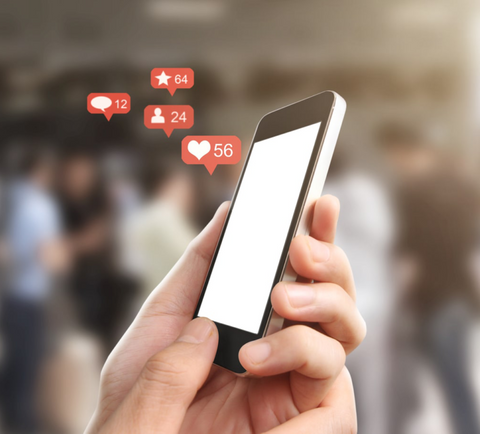Teens in this age have an intricate network of information and social connection at their disposal, adding complexity to their lives that didn’t exist even 10 years ago. Many parents feel alienated by their adolescent’s social media habits. It’s difficult to ask your kid about their day and hear a short “fine” or “good”. Maybe their mouths are moving, but their eyes are glued to a screen. What do we do when we have no idea what our kids are doing on their devices for hours every day?
As adults, the willpower to sign off can be difficult- particularly in times where our friends are busy (or quarantining!) and social media provides a manageable and safe way to connect. And for our children, possessing the self-control to log off can be more challenging, even problematic.
What’s your role as a parent when your teen’s online so often? Like us, teens use social media to connect with their peers. But sometimes, a young person’s relationship with their phone can take an unhealthy, even dangerous turn. In the face of increasingly widespread screen addiction, one question that parents repeatedly ask us is, “what do I do about my teen’s use of social media?” The clinical team at Blue Ridge Therapeutic Wilderness treats this issue (along with many more), and in this post, we’ll provide insight to the harms and benefits of social media on teens along with some tips for helping them relate to their screens in a healthy way.



